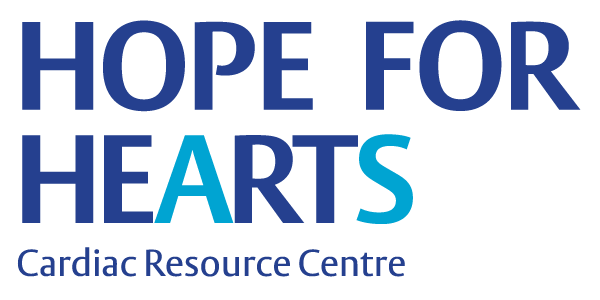About Arrhythmias
An arrhythmia is a heart rhythm problem that occurs when the hearts’ electrical impulses do not work properly and the heart may beat too fast, too slow or irregularly.
There is a range of heart arrhythmias with various outcomes. Fortunately, most arrhythmias aren’t life-threatening and can be treated by a Specialist Cardiologist. Treatment of arrhythmias usually aims to control and regulate the abnormal heart rhythm.
Arrhythmias are classified by where they originate from in the heart, either the Atria or the Ventricles.
What are Atrial Arrhythmias?
An atrial arrhythmia is an abnormal heart rhythm that starts within the atria, either the Left Atria (LA) or the Right Atria (RA) and also includes arrhythmias originating from the Atrioventricular node (AV node). It may be characterised by rapid heart rates, often faster than 100 beats per minute (BPM). The term “Supraventricular Tachycardia” may be applied to this cluster of arrhythmias, as they originate within the Atria.
All atrial arrhythmias may present with rapid heart rates of > 100 bpm and can be regular or irregular in nature. Most will be characterised by a narrow complex rhythm (in the absence of other cardiac / conduction disease). While most atrial arrhythmias are not fatal, they may lead to complications that can cause significant health issues, such as blood clots in atrial fibrillation which may lead to stroke.
Many Atrial arrhythmias can produce symptoms such as:
- Shortness of breath,
- Chest pain,
- Palpitations,
- Hypotension (low blood pressure),
- Syncope and dizziness1
What are Ventricular Arrhythmias?
These potential life-threatening arrhythmias do not originate within the Atria (via the sino-atrial node), it originates in the Ventricle and may result in patients presenting with little to no cardiac output, requiring Cardiopulmonary resuscitation (CPR).
Symptoms may be:
- Palpitations,
- Hypotension (low blood pressure),
- Syncope and dizziness,
- Shortness of breath,
- Chest pain, or
- Unconsciousness.
In many cases, these inherited conditions may be treated with medications to prevent the development of the Ventricular Arrhythmias. Similarly, these patients may be candidates for Implantable Cardioverter Defibrillators (ICD’s) or Cardiac Resynchronisation Therapy in the case that the patients’ have heart failure due to Cardiomyopathy (of any cause).2
